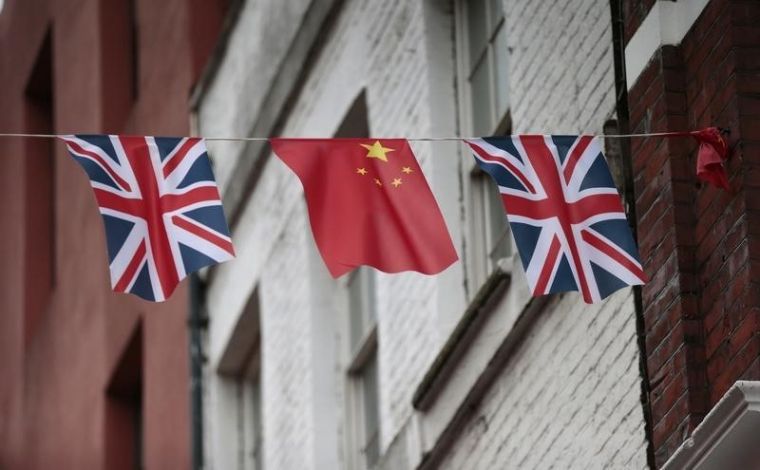China on Brexit: Britain is better in than out
While some world leaders have trumpeted support for Britain to stay in the European Union in this month's referendum, China has kept a low profile. But with an important stake in the economic consequences, Beijing also quietly wants the "remain" camp to win.

Relations between Britain and China have been warming over the past few years, and economic links have multiplied in tandem. China has, for example, looked to London for help in developing its financial markets and regulation, and Britain has sought Chinese investment in fields such as power and high-speed rail.
"Of course, if you are investing in Britain as a way into the European market, using Britain as a bridge into the EU's 27 other nations, then once Britain leaves the EU, that bridgehead will be curtailed," Yao Ling, deputy director of a research centre under the Commerce Ministry, said in a ministry-run newspaper in May.
Diplomatic sources say China has given coded support for the "remain" camp by calling for a strong, united Europe - something President Xi Jinping told British Prime Minister David Cameron in October, and Foreign Minister Wang Yi repeated last month.
"This is China getting the message out indirectly that it wants Britain to stay in the EU," said one Beijing-based Western diplomat, citing conversations with Chinese officials.
And for the avoidance of doubt, Chinese state-run media have given broad coverage to the potential economic and financial consequences of a British exit, or "Brexit", with some questioning why Britain is putting such risks up for a vote.
One Chinese financial news website, FX678.com, carried a cartoon last month showing a rocket called "British dreams" being waved away by the people of the EU, under the headline: "The Brexit referendum isn't a game. Are the people of Britain scared yet?"
The website warned that leaving the bloc would hit British growth and the pound, while a lesser impact would "wash over the globe".
BREXIT OPPORTUNITIES
China has long avoided commenting on other nations' internal affairs lest it invite reciprocal interference in Chinese politics, and the media debate has also looked at the opportunities that could arise should Britain vote to quit on June 23.
Last month's China Money magazine, published by the People's Bank of China, said it would leave Britain free to sign a free-trade deal directly with China, which could create opportunities for Chinese firms in Britain and vice versa.
"China's vast market could satisfy the exports needs of Britain post-Brexit, and the countries' cooperation would broaden and deepen," the magazine wrote.
Though China and Britain have a history of disputes over human rights and the future of former British colony Hong Kong, diplomats say export-reliant China values Britain as a strong advocate for free trade.
Britain has been a prominent supporter of Beijing's in the EU regarding China's push for market economy status, which would make it easier for China to import into the bloc and defeat protectionist measures.
"China would lose a big supporter of free trade in the EU if Britain were not there. China does not want a Europe dominated by France and Germany," said a second Beijing-based Western diplomat.
Beijing is also worried about any weakening of the EU itself from losing its second-biggest economy and third most populous nation. Diplomats say it views the bloc as a vital counterbalance to the United States.
One Chinese diplomatic source, speaking on condition of anonymity, said China expected British self-interest would ultimately deliver a win for the "remain" team, led by Cameron.
"The British people, at the end of the day, will vote to remain as it's in their best interests. A vote to leave would likely end the United Kingdom, as Scotland inevitably would then vote for independence," the source said.











